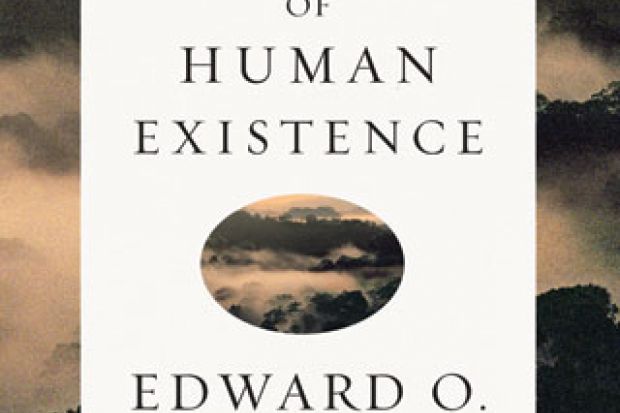 Modern versions of kin selection and group selection have turned out to be essentially equivalent. However, historical examples of his selection and group selection have covered some rather different territory. Group selection enthusiasts have chosen phenomena such as senescence and warning signals. From the perspective of kin selection, some of the most obvious examples include breast feeding, parental care and nepotism. The kin selection examples are good, but the group selection ones are more dubious. I've previously argued that the reason group selection was associated with dodgy examples is because advocates sought to distinguish their theory from kin selection - and so avoided examples where it was obvious that kin selection was responsible. The details are in my 2104 article "How kin selection pushed group selection into the scientific fringes".
Modern versions of kin selection and group selection have turned out to be essentially equivalent. However, historical examples of his selection and group selection have covered some rather different territory. Group selection enthusiasts have chosen phenomena such as senescence and warning signals. From the perspective of kin selection, some of the most obvious examples include breast feeding, parental care and nepotism. The kin selection examples are good, but the group selection ones are more dubious. I've previously argued that the reason group selection was associated with dodgy examples is because advocates sought to distinguish their theory from kin selection - and so avoided examples where it was obvious that kin selection was responsible. The details are in my 2104 article "How kin selection pushed group selection into the scientific fringes".I think we are seeing a similar phenomenon with cultural group selection and cultural kin selection. My articles on cultural kin selection are illustrated with examples of where kin selection works on shared memes, rather than shared genes. These examples include uniforms, money and religious brotherhoods and sisterhoods. I think these are real examples of cases where Hamilton's rule applies to memes. However, the cultural group selection examples look rather different. One example often given involves Dinka and Nuer populations in the Sudan. Another example involves monogamous marriage customs. In these cases, a simple explanation is that some memes involved are fitter than other ones. Evidence that the memes involved are deleterious to individuals yet spread through group level reproduction or extinction seems to be completely missing. Maybe these are just bad memes. Cultural group selection seems largely unnecessary.
The tendency of group selection enthusiasts to pick bad examples seems common to both the organic realm and the cultural realm. However the explanation I have previously given for the bad examples in the organic realm does not seem to be applicable to the cultural realm. In the case of cultural evolution, cultural group selection seems to be much better known than cultural kin selection is. So, the idea that cultural group selection was bent out of shape to avoid cultural kin selection does not seem very plausible. Another explanation would seem to be required.
My perception is that the cultural group selection enthusiasts are choosing examples of cases where one group does better than another one for cultural reasons. However, that's not a particularly good way of finding examples of where Hamilton's rule applies. The native Americans did badly as a group recently - but that wasn't really due to kin selection or group selection. Their environment changed rapidly and they failed to adapt quickly. Hamilton's rule isn't terribly relevant in cases like these - even though one group is exterminating another one. This is part of the historical problem with group selection. People see groups apparently exterminating each other and then leap to group selectionist explanations without bothering to properly test them to see if they are plausible.
One possible reply by group selection advocates is that kin selection and group selection don't cover the same ground after all. However, lots of people have held that position over the years, but the evidence for it doesn't seem to be there. If you accept equivalence, I think is is hard to deny the prevalence of bad quality examples of group selection. When was the last time you heard breastfeeding or parental care given as an example of group selection? Never, right? Group selection advocates are not thinking about mother-offspring pairs as "groups" - even though that's where the maths says the effect is strongest. Inferior examples associated with group selection arise in both the cultural and organic realms. My previous argument about how kin selection pushed group selection into the scientific fringes doesn't look as though it is the whole explanation. Maybe group selection is just misleading or confusing.
 I read chapter 6 of Edward O Wilson's "The Meaning of Human Existence" from 2014.
I read chapter 6 of Edward O Wilson's "The Meaning of Human Existence" from 2014.